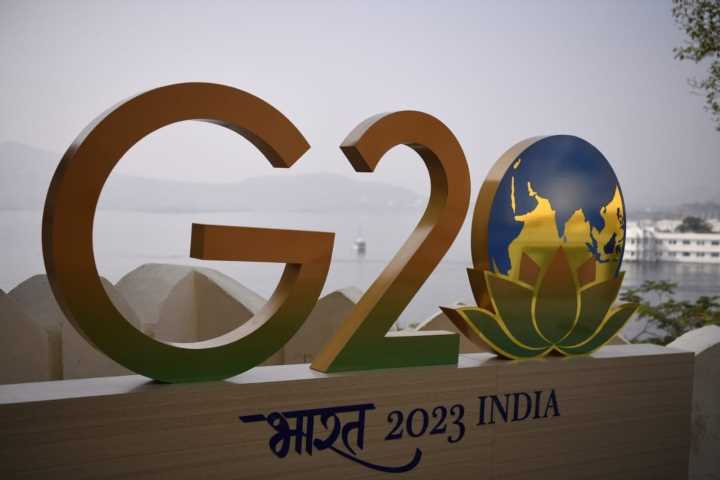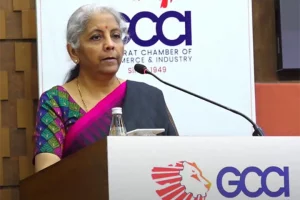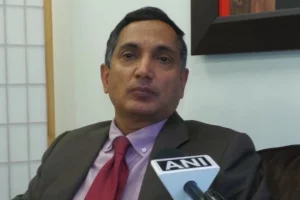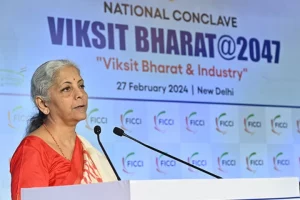India, which currently holds the chair for both G20 and Shanghai Cooperation Organisation SCO, is all set to raise the pitch on conservation of marine and coastal ecosystems especially for the global south as it underlined the importance of the blue economy. The focus will be on chalking out agreements on ocean-based climate solutions, which according to the World Economic Forum (WEF) has been missing.
The WEF added that the ocean has tremendous potential to spur economic growth, create jobs and mitigate some of the most severe climate impacts if the ocean ecology is protected and its resources are used judiciously and sustainably.
“We need to have a full plan to increase cooperation among countries to ensure that ocean ecology is maintained. India has already taken a lead position in bringing the aspect of the blue economy to the fore,” a government insider told India Narrative.
Blue economy supports about 10 per cent — $1.5 trillion of China’s gross domestic product but it is about 4 per cent in India.
All India Radio’s new division noted that the blue economy as a concept would require greater research and development, collaborative tapping, increased South-South cooperation and responsible investments. “These must be facilitated to ensure sustainability and social equity,” it said.
India’s thrust blue economy for overall growth
As the geopolitical thrust is now shifting to the Indo Pacific region, the Narendra Modi government is aggressively looking at boosting the ocean economy and turning a part of it into a global economic corridor.
In 2021, the Ministry of Earth Sciences, which is the nodal ministry, released the draft of the National Policy for India’s Blue Economy with the aim to increase the contribution of blue economy’s to India’s GDP while ensuring the national security of maritime areas.
Last month, the Gautam Adani group acquired the strategically located Haifa port in Israel, which will provide India a direct access to Europe.
In another significant move, the Mediterranean Shipping Company (MSC) will start a liner service that will connect India with the Gulf nations and the Western Mediterranean region. The shipping service expected to begin in December will start from Saudi Arabia’s Jeddah Islamic Port.
It will then call on Jebel Ali in South West Dubai, Mundra and Nhava Sheva in India, Djibouti in Africa, Gioia, Tauro, Salerno and Genoa in Italy, Barcelona and Valencia in Spain, Marsaxlokk in Malta, King Abdullah, which is Saudi Arabia’s newly launched port facility.
Adani has also expressed interest in Egypt’s port sector.
Recently, Comptroller Auditor General of India GC Murmu speaking at a press gathering at the SCO Supreme Audit Institutions’ conference said that even the CAG will sharpen its focus on blue economy.
“The ecological balance and proper utilisation of water resources is key,” Murmu said.
India, with a coastline of more than 7.500 km, is the second largest fish producing country in the world. It has a fleet of 2,50,000 fishing boats. As many as nine states have access to the sea.
Also read: After I2U2 summit, could Blue Economy fuel Asia’s rise?
Thrust on blue economy as India seeks to touch $5 trillion economy mark




















